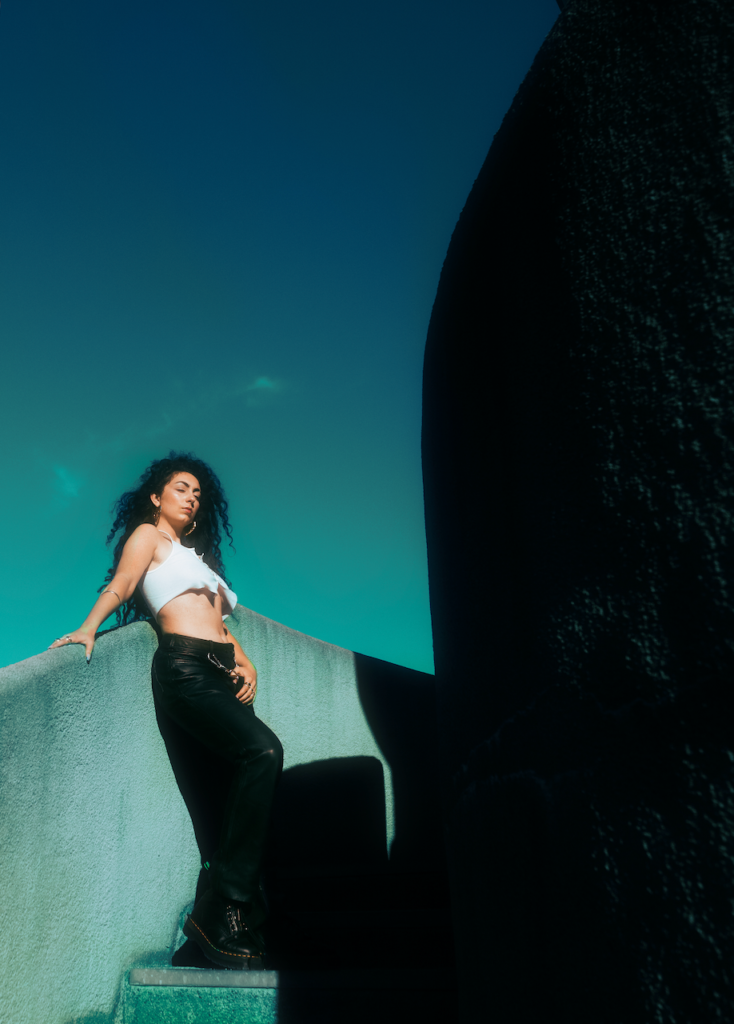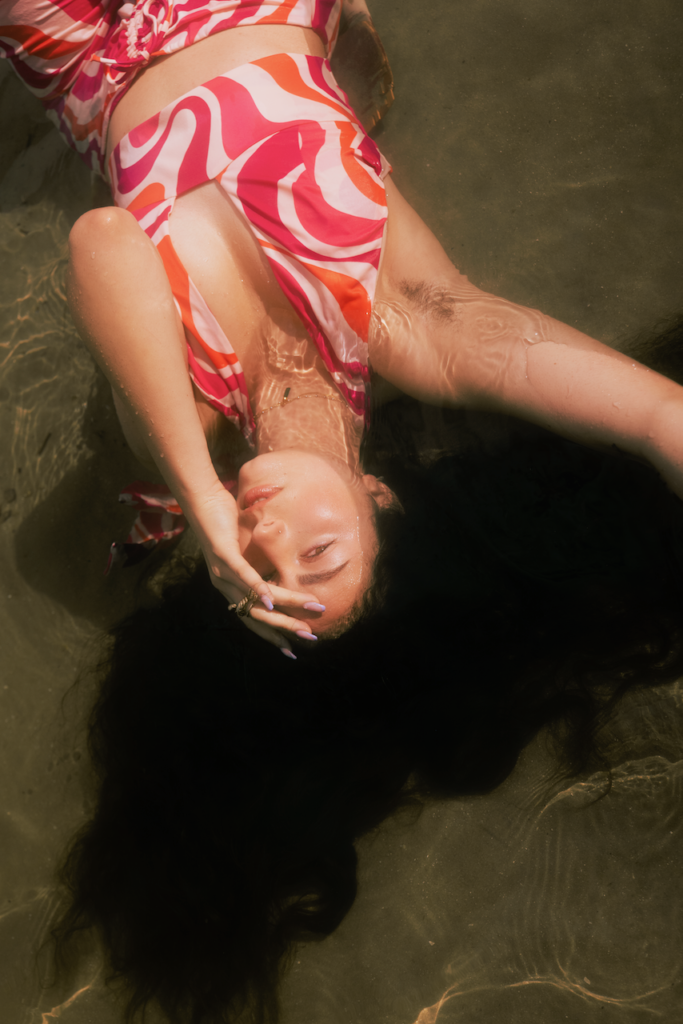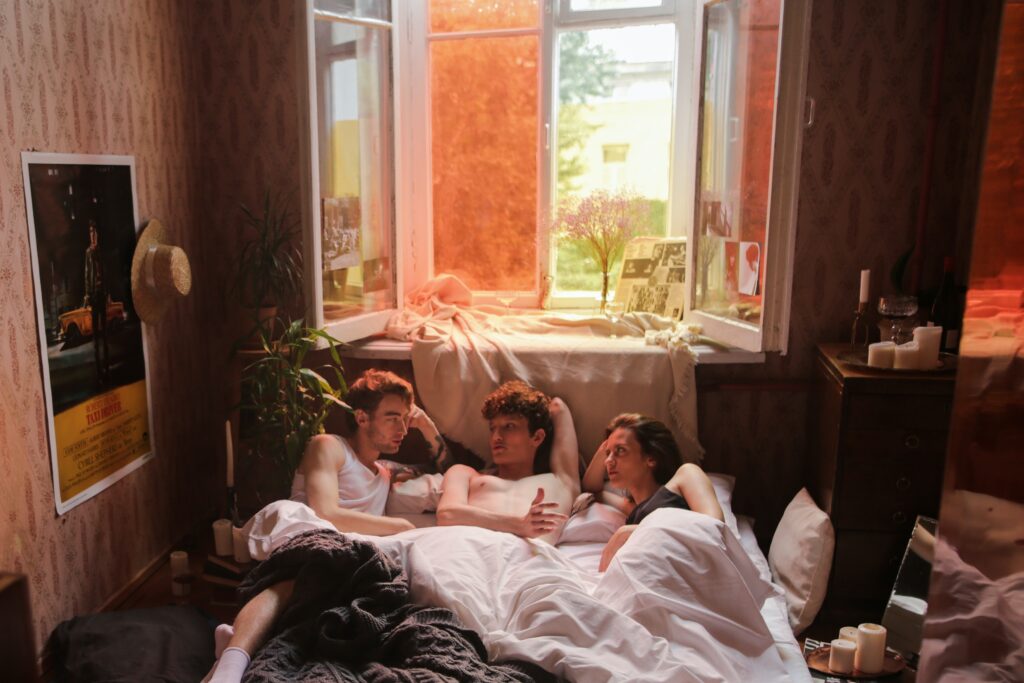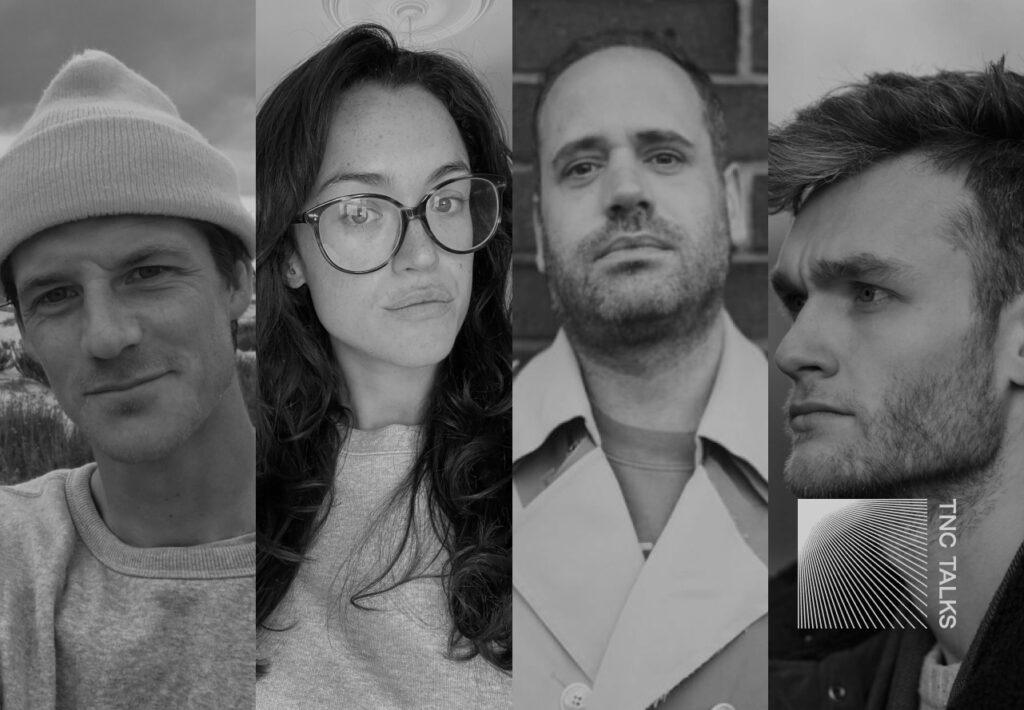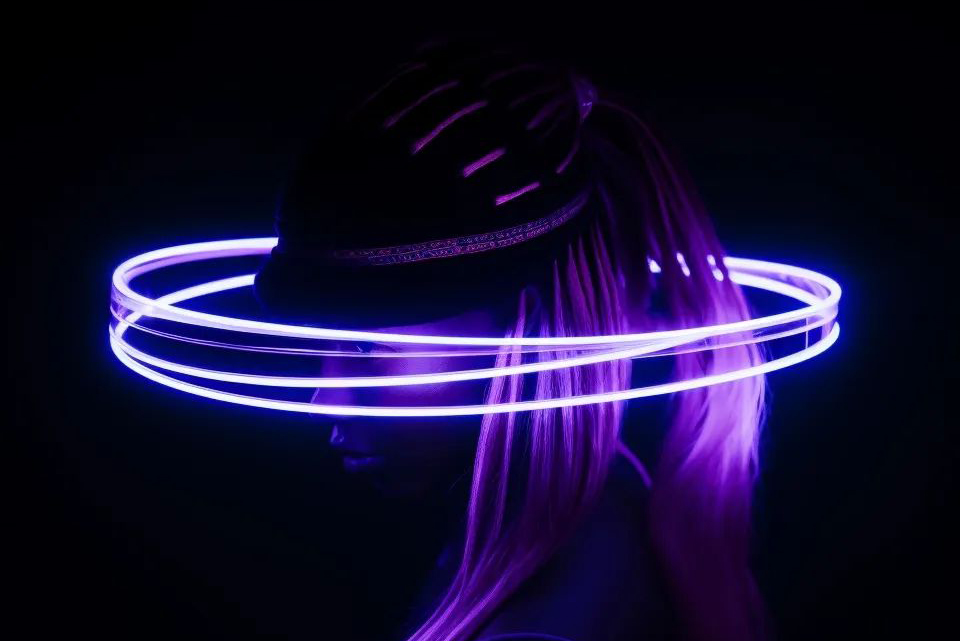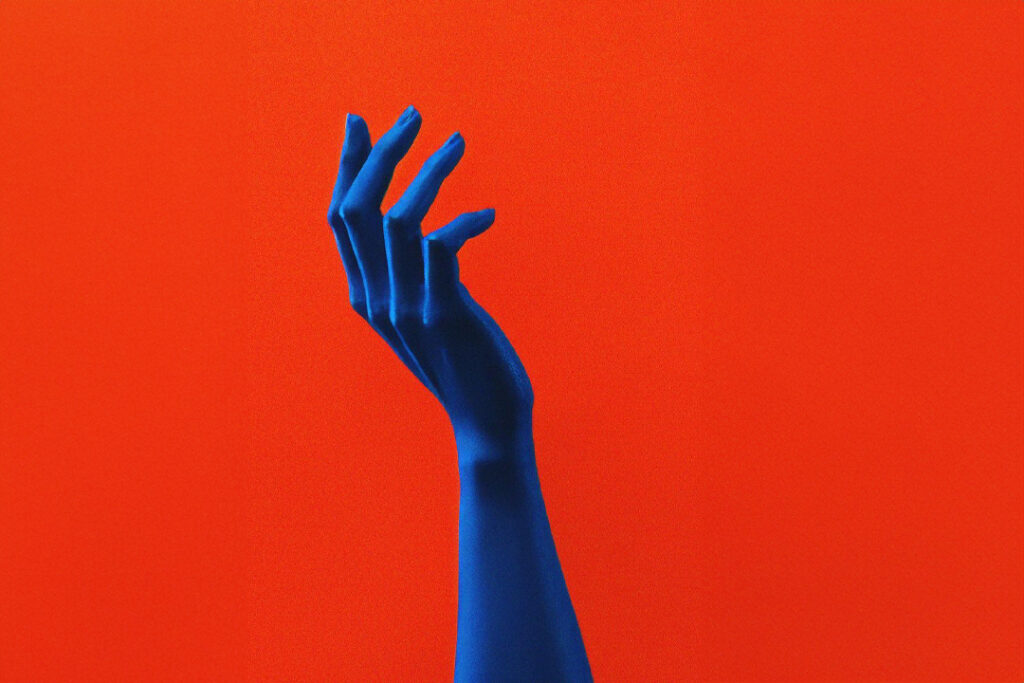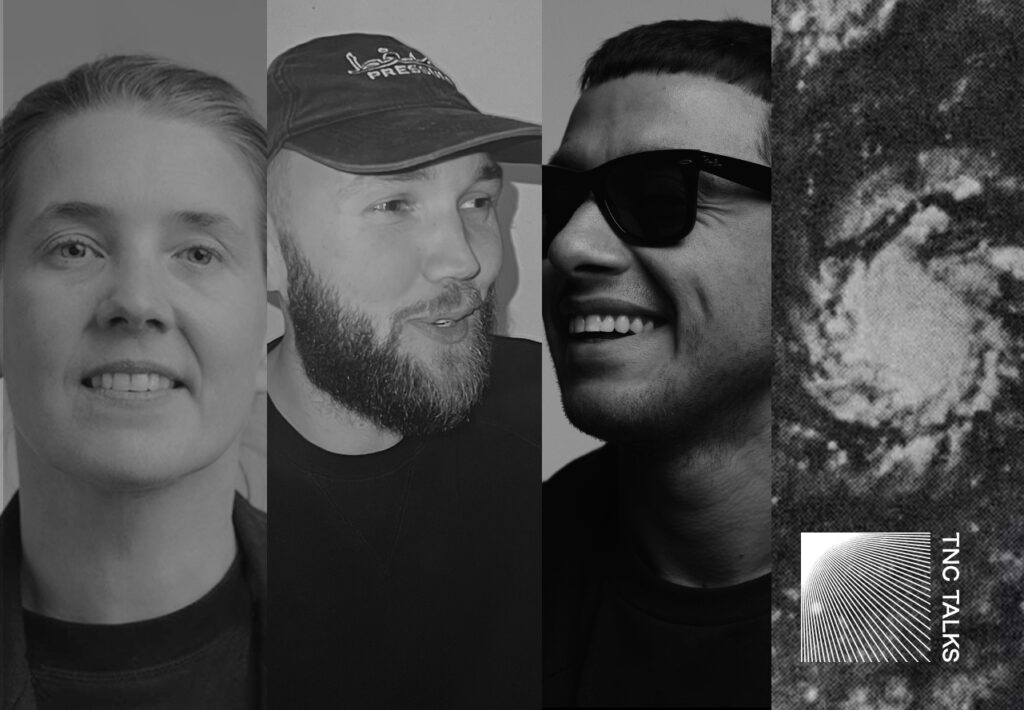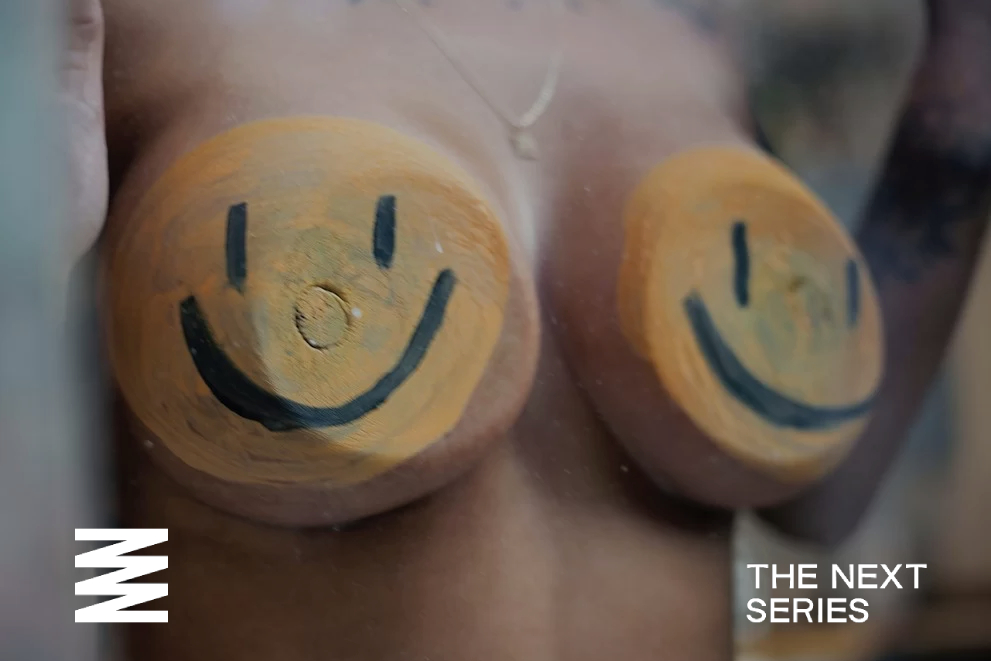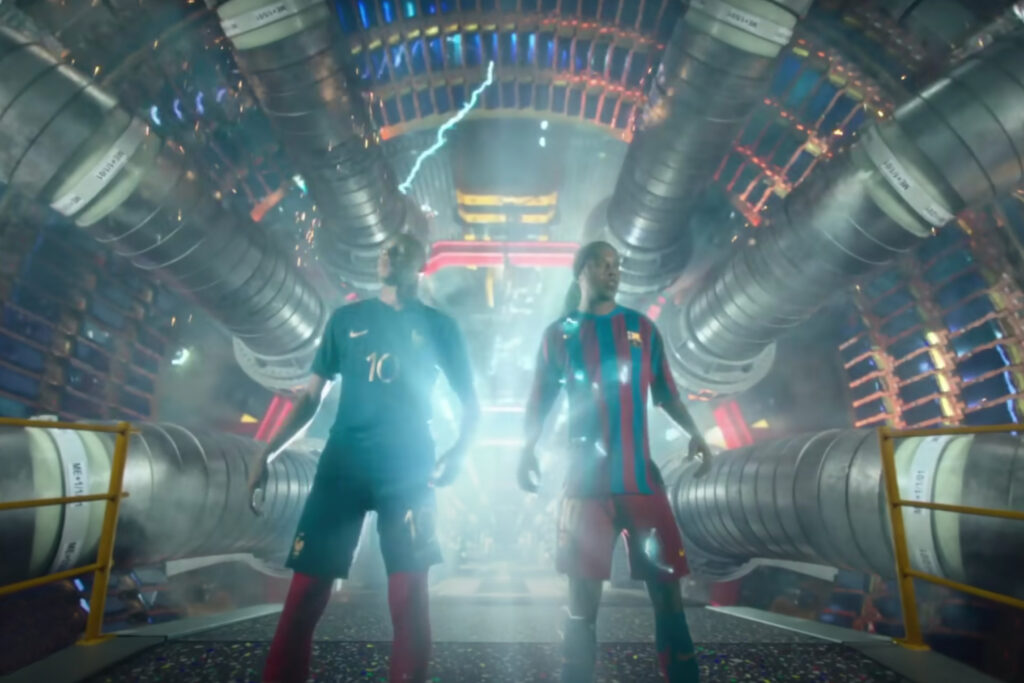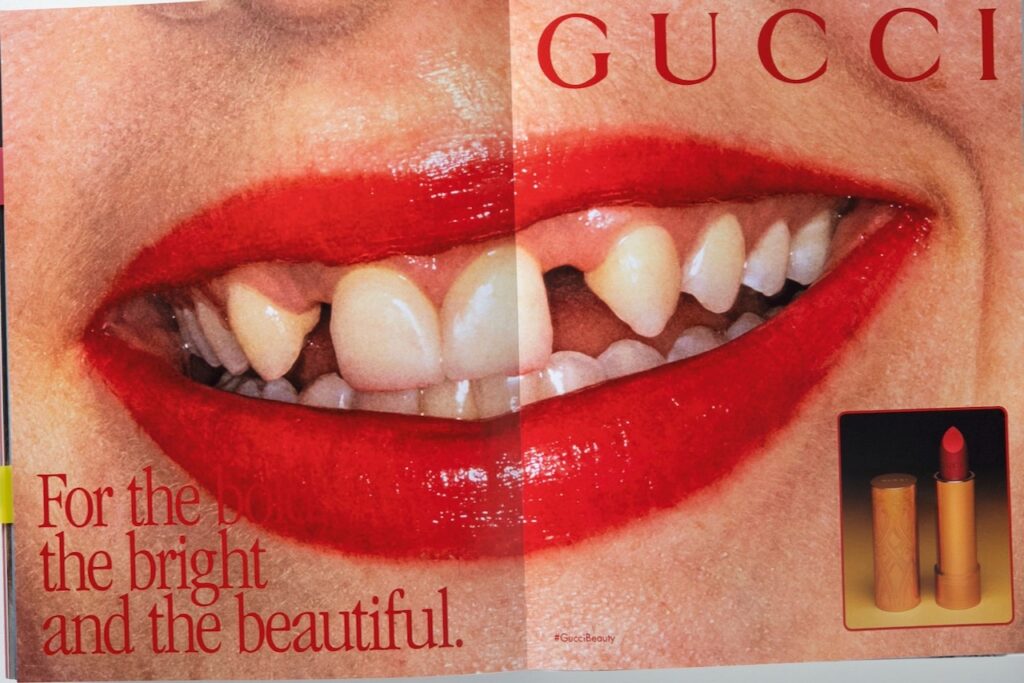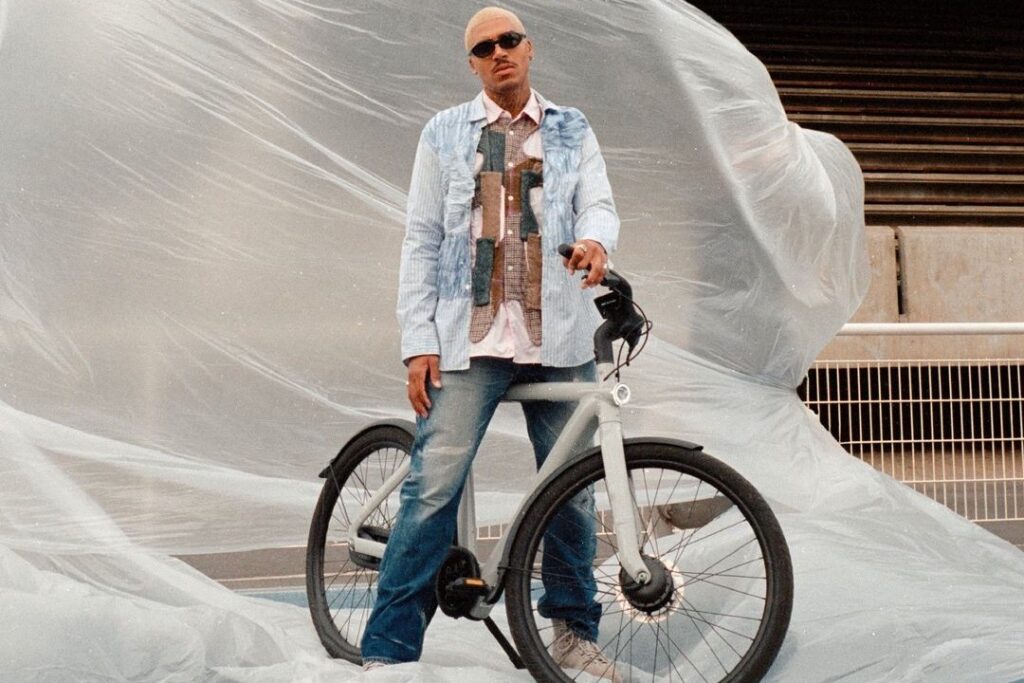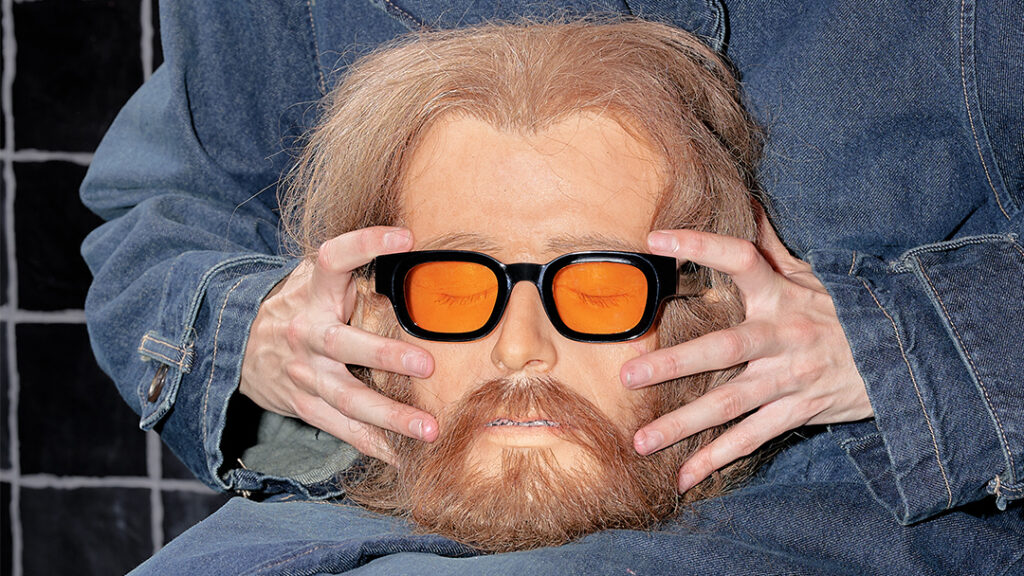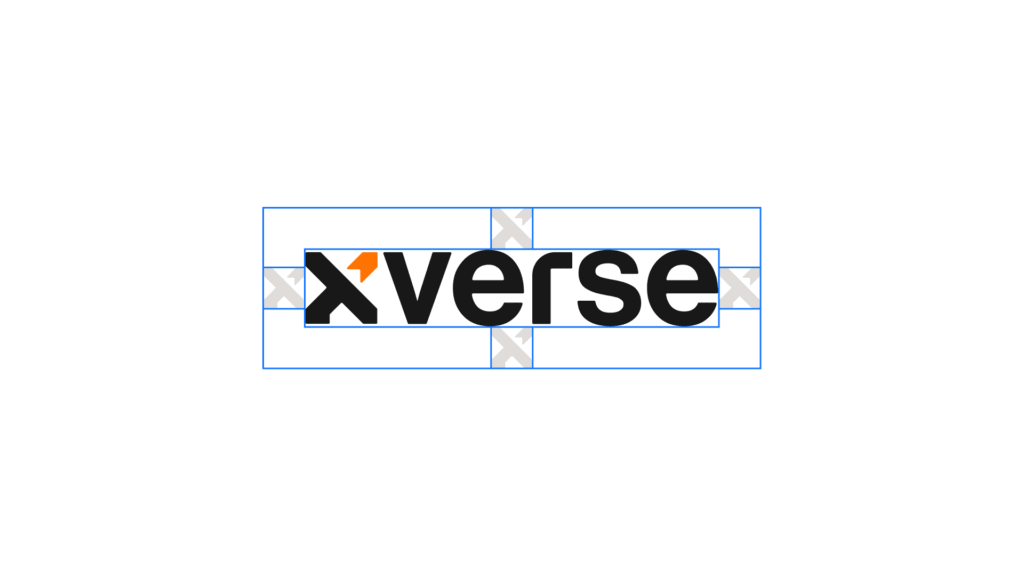We live in a world full of issues we can’t seem to comprehend both in a general sense of external otherness, as well as the boundless seas we have yet to explore and conquer within. Worse yet, even when we understand what’s going on, we are either unwilling, or oftentimes too hopeless, to do anything about it. So when the state of the world, or our own state, drives us towards that existential dread most of us know all too well – a state that was amplified tenfold as a result of a global pandemic-, as a society and as individuals, we strive to connect. Specifically, we strive for connections that will give meaning to this whole life thing, thus alleviating said existential dread.
We strive to connect so that we won’t feel like we’re alone.
This is where music comes in. Yes, music, the famed universal language. Particularly, this is where the use of music as a tool for expression, connection, and containment during the pandemic comes into play. Why? Because despite the horrible consequences that this global sanitary crisis has brought on, it has served as the genesis for a lot of great, deeply moving creative endeavours.
Such is the case for 23-year-old Rotterdam-based independent artist Sophia. The Rotterdam-based singer-songwriter is getting ready for the release of her upcoming debut album ‘Fragile’. Born and nurtured into fruition during the pandemic, Fragile is a project that serves as an open window to Sophia’s most inner thoughts and experiences. A cocktail of grief, loss, heartbreak, friendship, an intimate portrait of what it means to be a queer woman in today’s day and age.
Welcome to Sophia’s world. Welcome to Fragile.
Tears are running, running down my face
But I’m not running
This time I will stay.
Her voice mellow, her words ring true. Fragile is a tale of standing face to face with your fears, with your doubts, with your pain, and slowly but surely walking towards them, embracing them, rather than turning your back on them to run away like you’ve done so many times before.
With Fragile, Sophia is essentially ripping her heart wide open for all to see, for all to watch her bleed. Maybe this way those of us who feel the same will be able to have an ounce of solace, simply by knowing that there is valiant strength in vulnerability, that it is, in fact, okay, and that we are not alone. Maybe, just maybe, we would all be better off if we could drop the mask, and stop pretending we aren’t after all, fragile.
How long have you been making music?
I have been making music since I was 6 years old. I started classical piano lessons at that age. I did that for 6 years, then I discovered my love and passion for singing. I am now 23, so I’ve been making music for 16 years already! I wrote my first song when I was 13 years old, the rest is history.
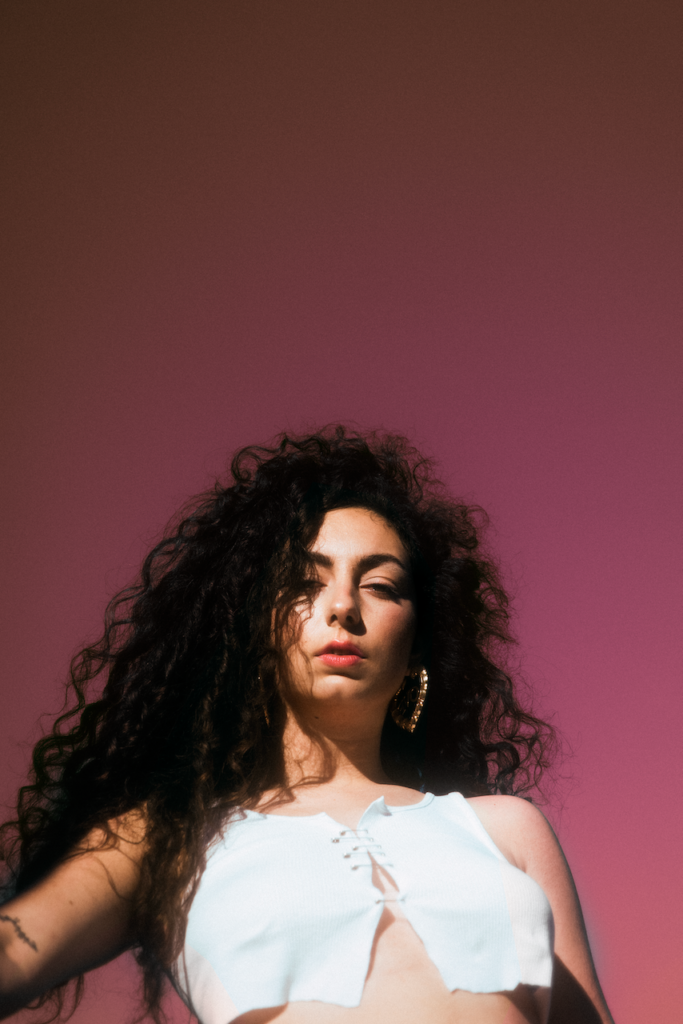
Photos courtesy of SOPHIA
At what point did you realise that music was it for you, that it was your path?
I don’t think there was ever a specific moment that I realized that. I feel like I’ve always known. My whole life, for as long as I can remember, I’ve dreamt of making music and nothing else. Anything else was never even an option. As I started to grow older and life started happening to me, I learned how to use it as my coping mechanism. So from that point on it became part of my identity.
What does music mean to you? What inspires you to make music?
I have stored some of my oldest and most precious memories in songs.
Music means everything to me. Literally everything. I experience the world through music. The way that everything has a tone, everything makes sound. Music plays everywhere and I listen to it all the time. Ultimately, music means connection to me, because it’s something we can all understand and love. But it’s also something very fragile and personal to me. It brings out my deepest emotions. I have stored some of my oldest and most precious memories in songs. Music allows me to express myself, to create a world where no one can judge, where it’s safe for me to be me.
To connect is all ever wanted to do. I chose to do so through music. I want to speak on my experiences and share my safe space with others. I hope you feel seen, understood, stronger or less alone when you listen to my music.
What artists do you look up to?
There are so many artists I look up to, I don’t know where to start.
As a kid, I was obsessed with Justin Timberlake, Destiny’s Child and Britney Spears. I remember having DVDs of their live performances and playing them over and over again until my mom made me watch something else.
Right now these are a few of the artists I look up to the most: James Blake, Beyonce, Victoria Monet, Jazmine Sullivan, Daniel Caesar, Kendrick Lamar, Snoh Aalegra.
How did Fragile come to be? tell us a little more about the story of the album.
It all started during the pandemic. I remember the first lockdown, I suddenly had so much time on my hands that I usually spent on working to pay my rent and running around trying to manage an extremely busy life. It was good for me though, because suddenly there was room for me to reflect on what had happened in my life and to let the creative juices flowing again.
Long story short, I went through some tough shit. Instead of going to therapy, I went to a writers camp with some of my closest friends and colleagues. I wanted to write songs about real things that were happening in my life at the time and I wanted to be upfront about it. Every song on the album is a representation of something real I went through last year. Losing my father, getting out of a narcissistic relationship, a lawsuit against someone who pretended to be a legitimate manager and so on.
I wanted to show people that being vulnerable is powerful and is beautiful.
All my life I’ve been a fighter. I’ve been strong for me, and for other people and I’ve never shown how vulnerable I actually am. People always perceive me as a strong woman, who’s honest and almost harsh even at times. I wanted to show another side to me. I wanted to show people that being vulnerable is powerful and is beautiful. I am fragile for the world to see, and I hope you know it’s ok to be fragile too.
Do you have a song in Fragile that stands out as your favourite or the one that is closest to your heart?
Since everything is so personal, they’re all very close to my heart. But Questions still has to be my favourite. Writing the song really helped me deal with grief and loss. I found a way to still ask questions I never got to ask my dad. Putting them in a song and video was so special and therapeutic.
My second fave is ass out = trash out. It truly is the ultimate revenge song and singing it makes me feel so powerful. Also, I think the name is funny.
Which song was the hardest to write and why?
I’d say Lifeline was the hardest to write. It took me the longest to finish the lyrics and melody for that one. A while before the camp, Mick (the producer of the song) and I wrote the chorus together. We didn’t finish the rest of the song at the time, so when we tried to pick up where we left off it was hard to get back into that vibe and energy we had when we wrote the chorus. So I tried a lot of things for the verse and pre-chorus, but nothing felt ‘right’. Eventually, I finished it a few weeks after the camp. Turns out, sometimes it just needs some time. I finished it in 10 minutes.
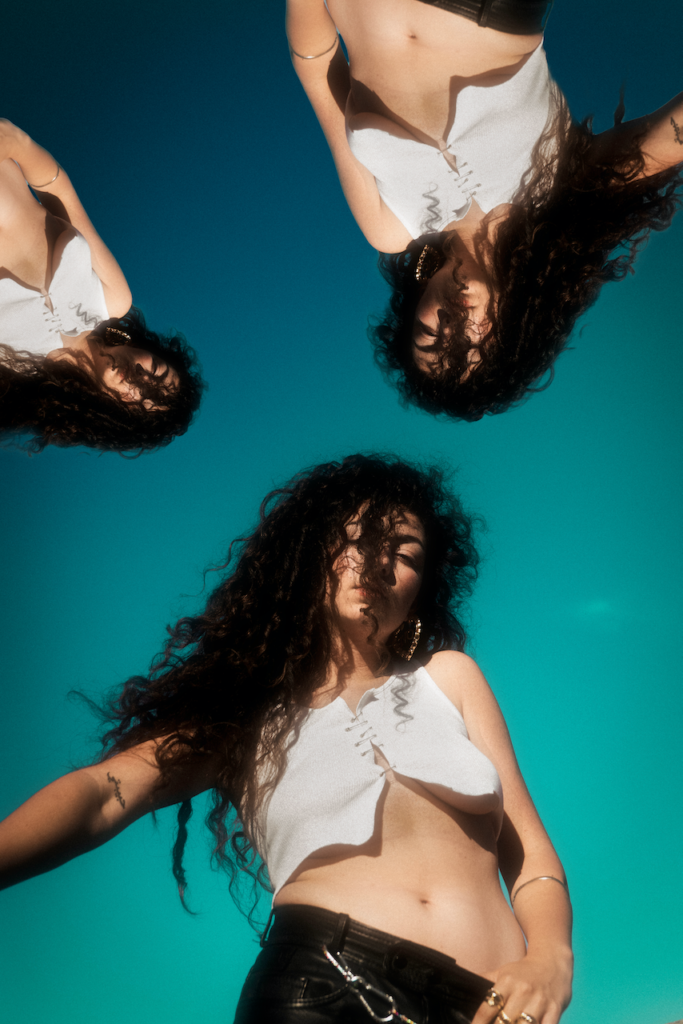
Tell us a little about your involvement in the project from visuals to co-production.
The whole project is driven and financed by me. I’m a completely independent artist, so naturally, I’m involved in everything that comes out. I picked out the producers, mixer and mastering engineer. I wrote or co-wrote all the songs, I worked on all the arrangements and productions, I’m involved with the mixing and mastering process.
The same goes for the visuals. I’ve had a clear vision from the beginning, on what songs needed visuals and what kind of story I wanted to tell with them. So I again picked out the right people and we made it happen! My artistry means everything to me, so I love being involved every step of the way. I’ve had the honour of meeting so many beautiful and talented people who wanted to work with me on this project and by working with them I’ve learned so much. I really couldn’t have done it without them.
How do you think being a woman plays a role in your experience of being an artist in the music industry?
I think it plays a huge role. For starters, there are way more males in this industry than females or gender-nonconforming people. Almost every meeting I’ve had with publishing, labels, distribution, management etc. has been with men. I’ve felt like I needed to prove myself to them, because they wouldn’t believe that a woman could do all this by herself. “So who wrote the songs for you?” is a question I’ve heard way too many times. As a woman in the industry, there are always people who want to take advantage of you. As mentioned before, I’ve had to deal with very intense situations with ex-managers before. One in particular, who saw a very driven and passionate young woman and made me believe that he could actually help me and get me places. Turns out, he wasn’t who he said he was. Money was stolen, people were manipulated and threatened even…
This story has a good ending though. Turns out, he messed with the wrong girl. Listen to Ass out = Trash out if you want to feel my victory.
Being a woman in this industry also means that I can be an example. It means that I can prove people wrong. It drives me to be and do better.
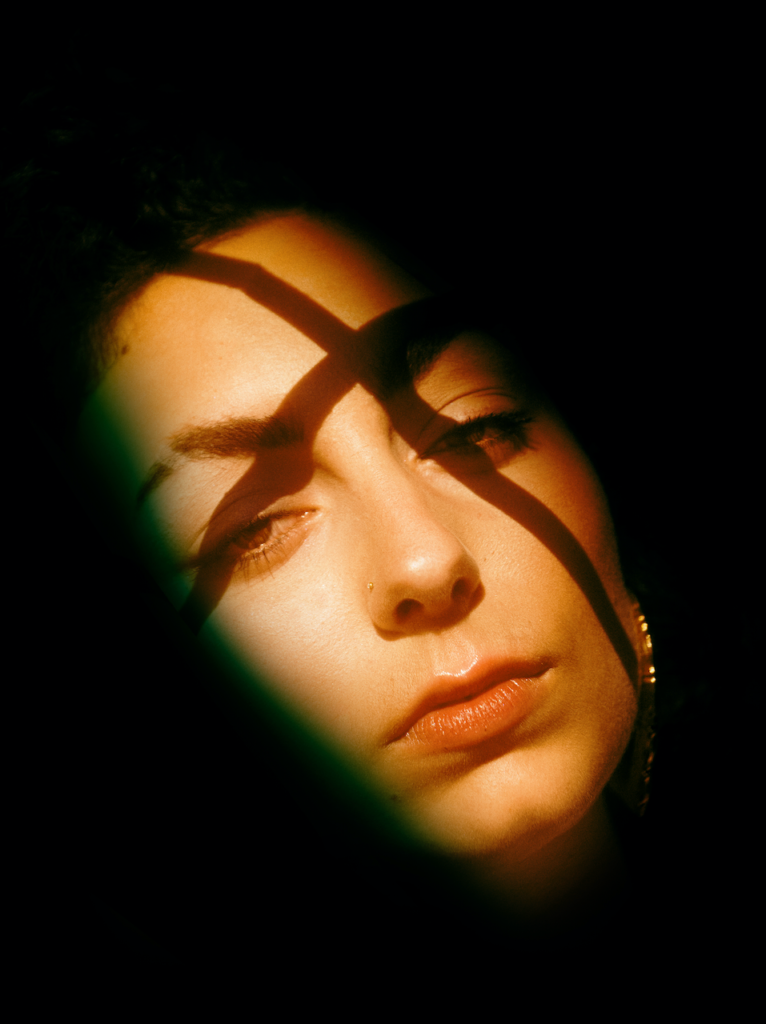
Do you believe your role as an artist and position in the industry is somewhat influenced by you being a queer woman? Do you feel a certain responsibility to represent and amplify your community’s visibility?
My Queerness is part of my identity and therefore part of everything I make, even if you might not notice it. I’ve recently heard some people say “being queer means deconstructing and reconstructing the rules that society applied to you”, I’ve just started doing that for myself. It’s a very intense journey, but it’s the most liberating feeling in the world to let go of beauty standards, to let go of the female standards in general and just try to be me.
Being queer means deconstructing and reconstructing the rules that society applied to you.
I don’t know how it influences my position in the industry yet. I don’t even know if everyone knows (even though I think it’s quite obvious at this point). I certainly do feel a responsibility to represent and amplify. I don’t always feel like I’m the right person to do so though. The community is so versatile and I only represent a very small part of it. But at least in every part of this project, people from the community have been involved and I aspire to keep doing so in future projects.
How does it feel to pour your heart out into something that essentially is meant to be out there, for everybody to see? Isn’t it hard to be that vulnerable and open?
I don’t really do the whole sharing feelings thing. I’m so bad at it. I can talk about my feelings very objectively and I can explain them to people as well. But actually, feeling them in front of people, and being vulnerable? Nope.
So yes, it’s very hard to be this open, but I’ve accepted it as part of my journey. I’ve opened up to all the people who were involved in this project, I’ve cried in front of them and I’ve been honest about my true feelings from the start. They’ve all made me feel so seen and safe. That’s truly what gave me the courage to be this open.
How does your Lebanese heritage influence your music?
It doesn’t. I’m actually not in touch with my Lebanese heritage at all. Because I grew up without having my father around, I missed out on all of it. I don’t speak the language, I don’t know the traditions. That’s why I went looking for them when I found out that my father had passed. I found a Lebanese community in the Netherlands and reached out to them. They taught me a lot already. In January I’ll start Arabic lessons. I hope to find a deeper connection to my roots by doing so.
For the video for Questions, I wanted to show the disconnection to my heritage. That’s why I’m wearing the traditional dress and smoking the shishas.
Where would you like to be in 5 years as a musician?
In 5 years I want to be able to say that I’m a good producer. I want to write and produce songs for my favourite artists. To share the studio with them and work for them would be a dream come true.
I also want to have made many more projects and hopefully, each one will be better than the last. I want to keep growing as an artist every day.
In 5 years I want to be touring with my band, playing my own music around the world.
It all comes down to world domination, basically. I want to do it all!
